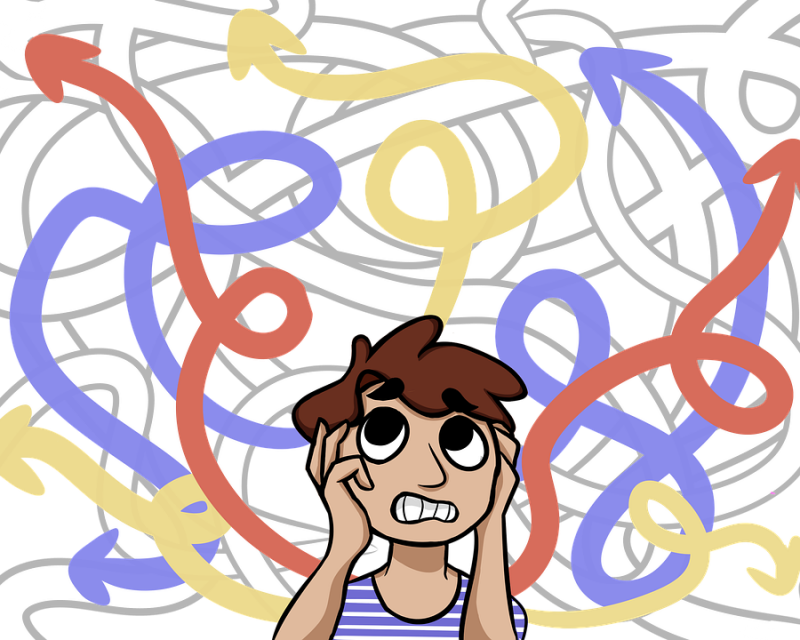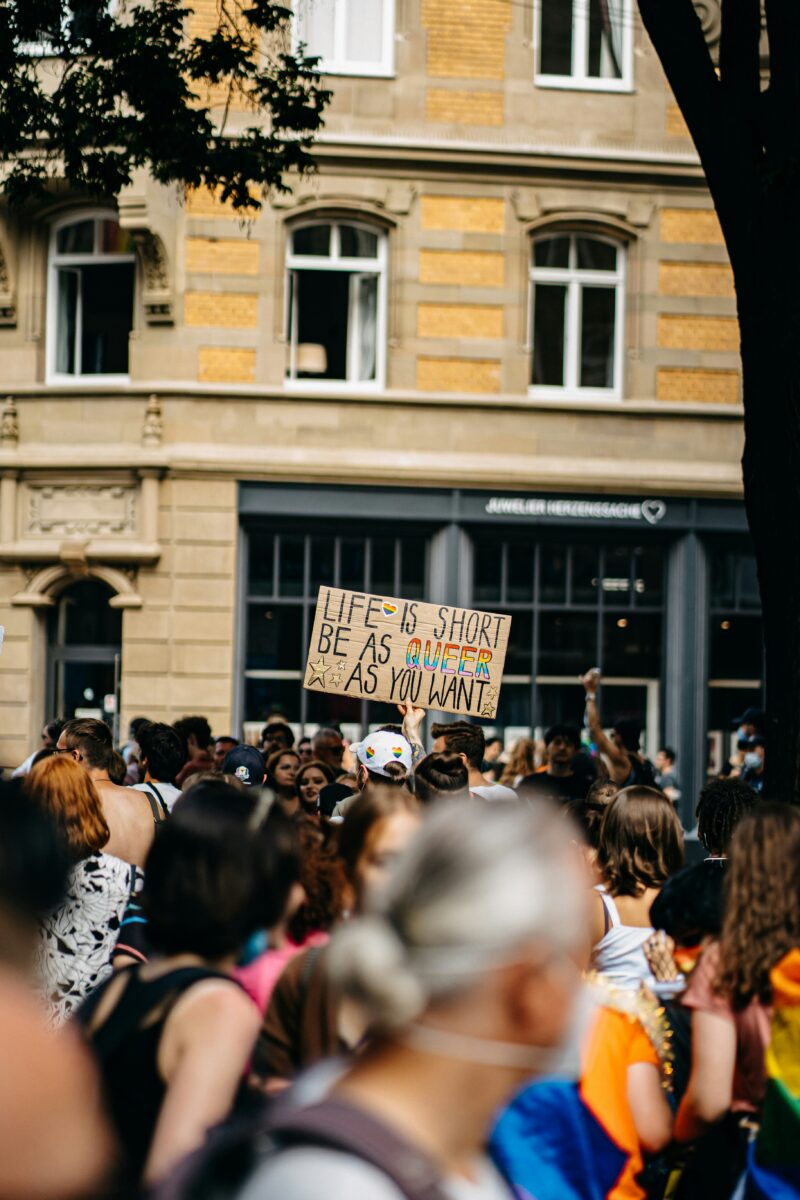Have you ever had a friend try to convince you about exercising more, or drinking less, or following the new fad diet, or even reducing your meat intake? Did they convince you? My friend convinced me. Except she did not TRY to convince me. She convincingly shared her own story that left me really thinking about my own behaviour and how I might change to create an impact. Albeit small but important to me.
Dean Graziosi iterates through this podcast, how a story or narrative is important to connect with your audience. It’s about creating a hook that makes them ‘want to know more’. We can also strengthen engagement through:
- Talking to the values that drives the audience
- Telling stories of what the subject is addressing (don’t just talk about yourself in an unrelated sense) – use an example or story of what you are doing and why
- Being authentic and true. Stories don’t need to be fancy
A case study in the podcast showcases a 66 year old American woman who at age 45 had debilitating arthritis and discovered a raw (vegan) diet that changed her life. 18 years later she has no symptoms of arthritis and 10 years ago created her own raw food cafes and lifestyle cookbook. No it may not work for everyone, but it worked for her. Her ability to share what it was like to not be able to use her hands to open a jar at age 45, to living free of pain today, evoked emotion. It had a hook to want to know more.
Graziosi states that part of great and effective story telling is:
- Not telling the whole story of your life, just a scene that sets up for what you want to sell. Keep it relevant. This woman just shared the moment she realised she did not want to live with arthritis pain anymore and made a change.
- Don’t make it feel like you’re selling. Just tell a story. Choose authenticity over perfection. She told her story with passion and purpose. It had an emotional connection.
Back to my friend. She was sharing that she recently watched (one of the most inspiring storytellers) David Attenborough’s “A life on this planet”
trailer here) and the impact that humans will have on this earth in the next 50 years. She shared how choosing to eliminate animal products from her diet would be her way of helping the situation. She didn’t say much more than that, but it hooked me in. Needless to say I watched the documentary and have made some small changes to what I eat to try and do my bit. I’m not saying it’s for everyone, but I feel good about what I am doing.
Coincidentally, I stumbled across an article on “How to persuade your favourite meat eater to try meatless Mondays” which discusses similar aspects of telling stories.
- Appeal to values that drive ‘them’ not you
- Start sentences with ‘I’ statements to show you’re talking about your own decisions and the thinking behind them. You’re not criticizing their current behaviours (nobody likes to be lectured) but rather using your own experience to help drive change.
So how do we use real stories more in behaviour change? Whether it be campaigns for road safety to help reduce speeding, or how to get younger people to engage more with their superannuation, or reduce use of social media/screen time?
Telling stories from different perspectives provides the opportunity to connect with multiple audiences. Take superannuation for example. Using real people to tell their stories of how they built their superannuation nest egg ahead of time, or someone who thought they had left it too late but still maximised what they could. Showcasing the perspectives of retired couples, families as well as the single mother who was not able to contribute to super during maternity leave, tells the story from different perspectives. It provides a hook for more audiences and a connection to make it relevant to them.
Film maker, Zahra Al-Mahdi shares her perspective of storytelling in that a story can be read, re-read and told in multiple ways, with a change of context, or change of perspective. How do we encourage people to take a step back and see themselves from a different perspective? Like a bird in a tree watching down on us as opposed to us watching birds.
Zahra Al-Mahdi’s expresses this scenario in a mockumentary called Bird Watch. The intent was to ponder the idea – “what if birds were watching back? What would they think of the obsession with speed and oil (in Kuwait). Would they think we were dumb for standing in the rain?
…
Research helps people across our community tell their own stories, take a step back – look at things from a different perspective (perhaps an alter ego) and analyse their own behaviour. To find a truth, pain, fear or joy. What would they think watching themselves scroll through Facebook for hours on end? What narratives spark an emotional reaction, and which are easily ignored?
Research is (or should be) about story telling to drive change.




